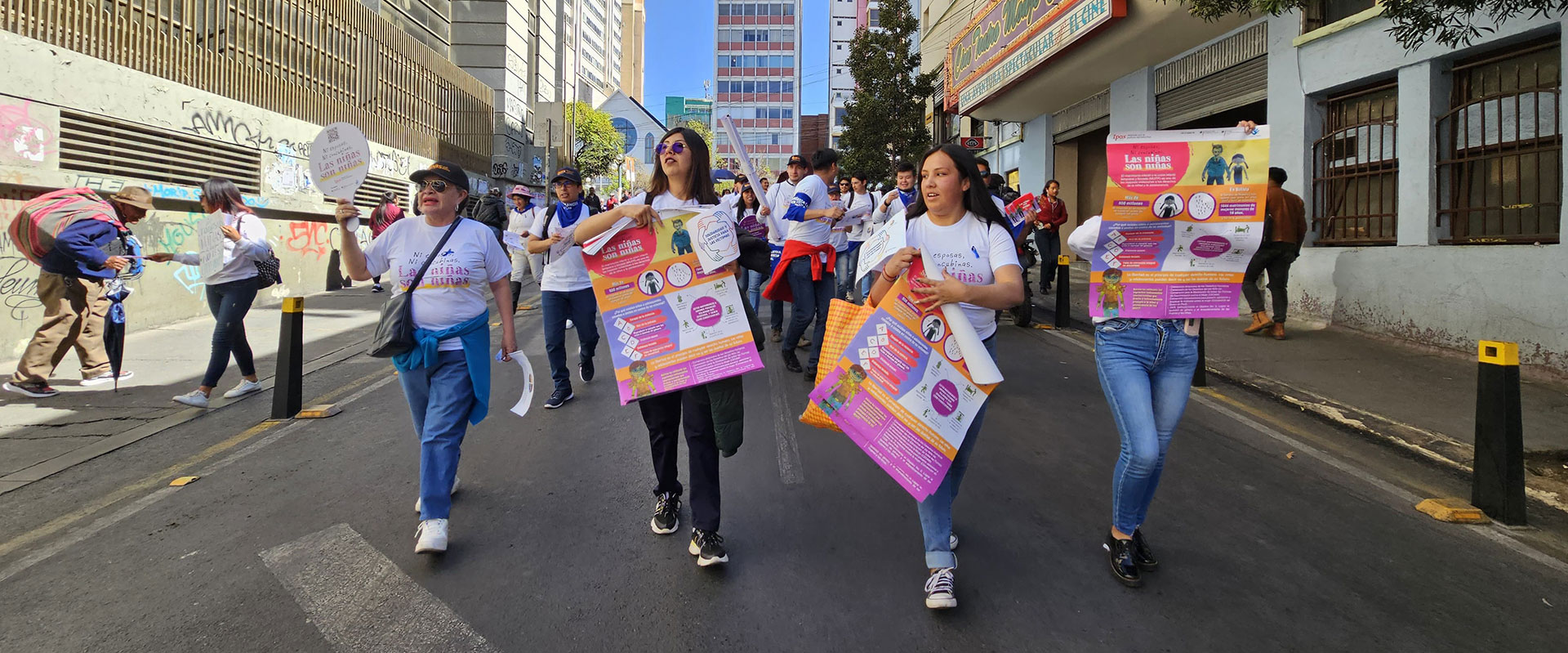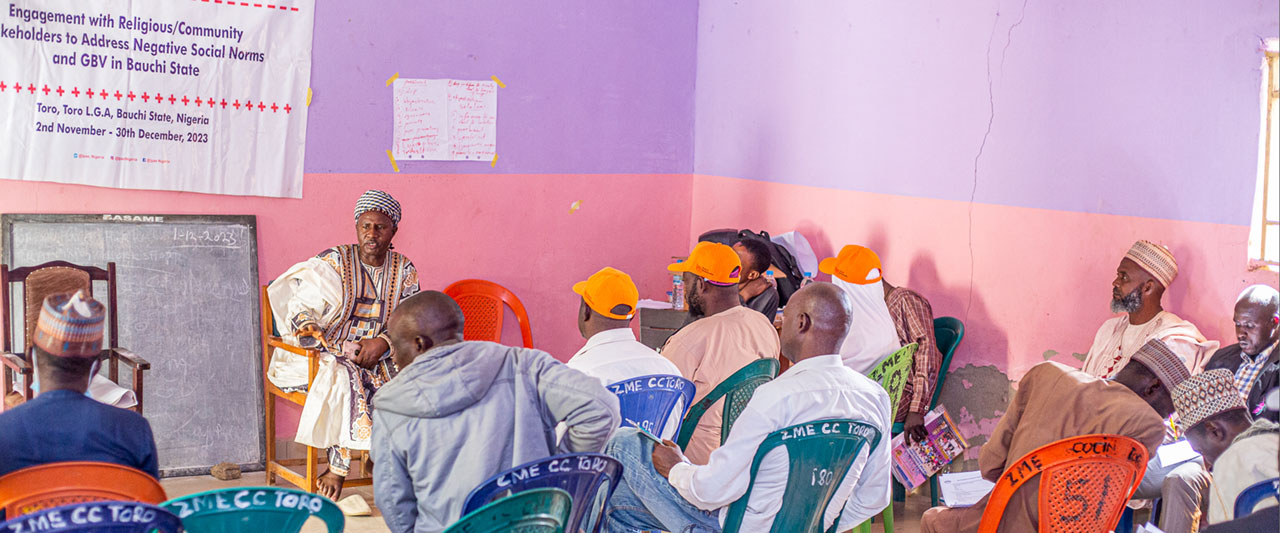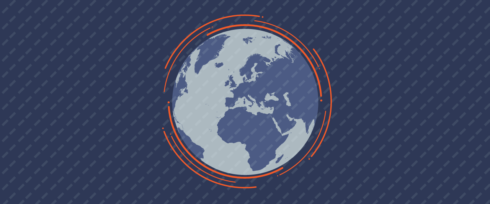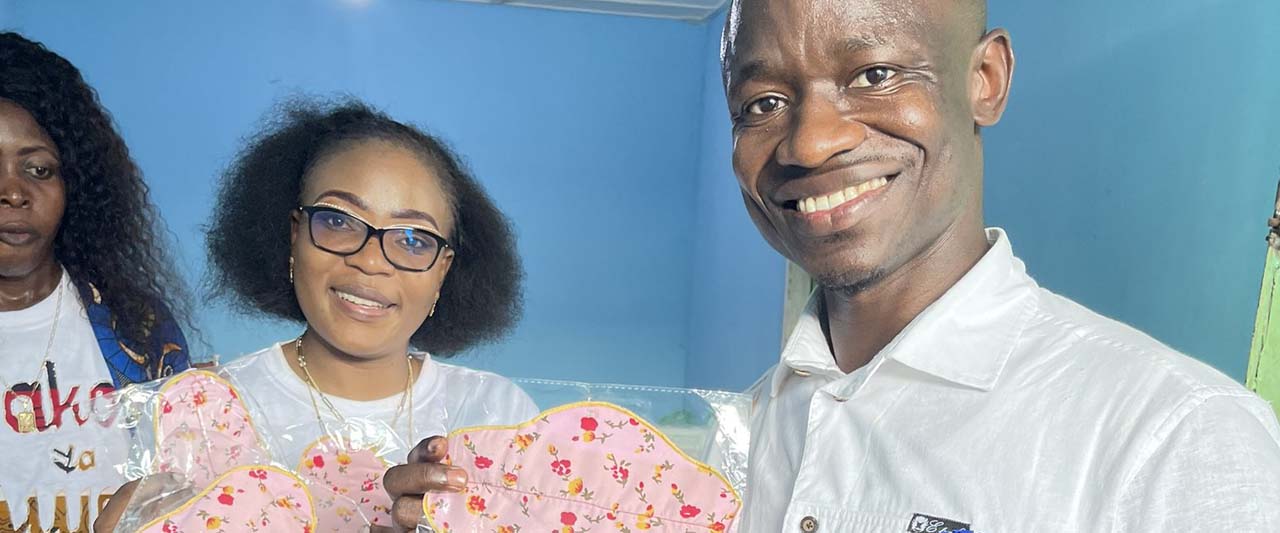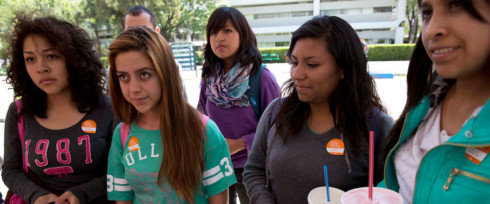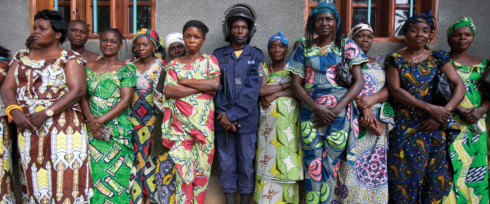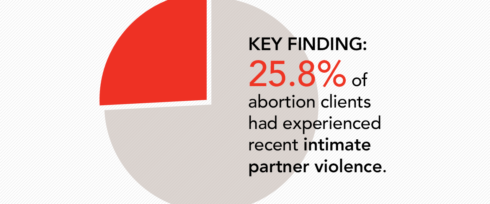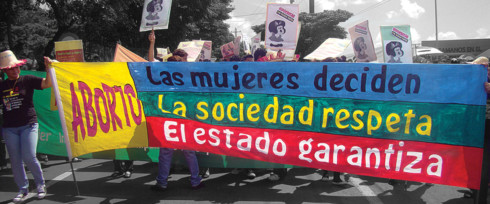International Women’s Day in Tapachula, Chiapas, Mexico. March 8, 2024. Photo by Victoria Razo for Ipas.
Gender-based violence puts women and girls at higher risk for unwanted pregnancy, and survivors require specially tailored care that includes access to emergency contraception and abortion.
Ipas works to improve care for women and girls who experience gender-based violence and to advocate for laws and policies that prevent such violence so that survivors can fully exercise their sexual and reproductive rights. We train health, law enforcement and judicial professionals on local laws and policies and on how to properly handle gender-based violence cases to ensure survivors are informed of their options and offered the best possible care.
Pathways to safety and justice: Our global impact in 2024
In 2024, Ipas provided critical support to survivors of gender-based violence (GBV) across the globe. Through locally led programs, Ipas ensured survivors received the comprehensive care needed to heal and move forward with their lives in places like:
- Bangladesh: Ipas enabled GBV case management to be successfully integrated into existing SRHR programs, training 227 service providers, reaching 1,130 survivors with case management and connecting 2,473 individuals to pre-referral services. Over 43,300 women were provided with counseling, which included 27,156 Rohingya refugees.
- Nepal: Survivors in Nepal found refuge in safe shelters supported by Ipas, with 1,308 individuals benefiting from these vital services. Additionally, 7,730 survivors received psychosocial counseling and referrals, and 2,081 survivors of rape accessed safe abortion services—offering a lifeline to those trying to overcome the trauma of sexual violence.
- Democratic Republic of Conge (DRC): In the DRC, where GBV remains a widespread issue due to armed conflict, Ipas trained 60 health-care providers to better prevent and address sexual violence. These efforts directly supported 2,000 survivors of rape, ensuring they could access safe abortion services, and provided case management for 153 GBV cases, demonstrating the impact of skilled and compassionate care.
New study looks at ways to support women and girls who have experienced GBV and are living in crisis settings
Women and girls who experience gender-based violence at the hands of their husbands or sexual partners often experience poor reproductive health and unintended pregnancy. This issue is heightened in humanitarian settings. An innovative study led by Ipas Bangladesh in collaboration with the Center on Gender Equity and Health at the University of California, San Diego, has identified effective ways to provide support and strategies for women and girls experiencing these issues.
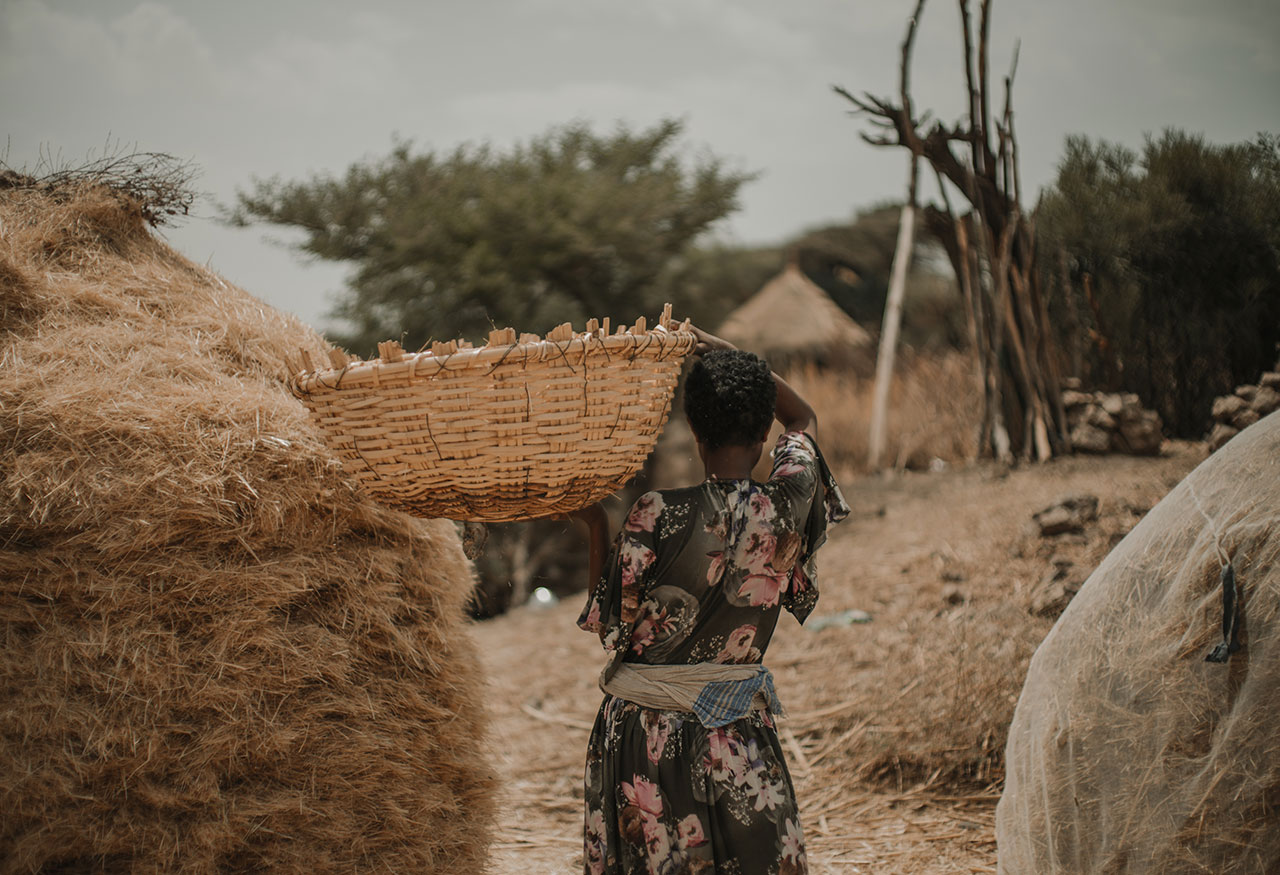
Ethiopia
Partnering with community groups and health workers during civil war
Ending gender-based violence around the world
Staff from around the globe share what their teams are doing.
Beyond the individual: Research shows abortion access has widespread benefits
Our research shows that the ability to leave unhealthy relationships proves to be a critical benefit for those able to choose abortion. Findings have shown that abortion access can help a woman escape domestic violence in the United Kingdom, avoid becoming a second wife in Ghana, and leave abusive partners in Colombia and Indonesia.
Expanding abortion access for sexual violence survivors in Indonesia
Consistent practices and strong partnerships between law enforcement, health systems and community services are critical to ensure violence survivors can exercise their right to abortion. That’s why Ipas Indonesia is working with hospitals and health workers, police and community-based organizations to expand abortion access for those that who need it.


